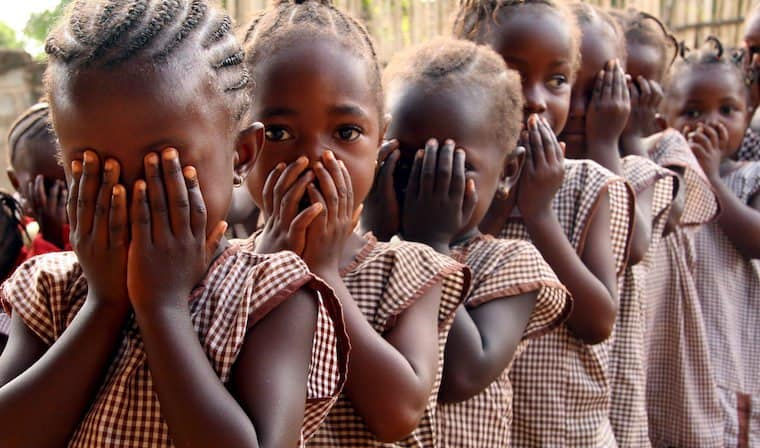Life after COVID-19: Should Impact Investing be the future for Nigeria’s Organised Private Sector?
- Chinasa Ken-Ugwuh

- Apr 6, 2020
- 3 min read
Updated: Jan 18, 2021
I was having a conversation with a friend about the current COVID-19 lockdown and what it means for the lower class who depend on a daily income to feed, and essentially stay alive. We agreed that the lockdown is almost like a death sentence for them, and while the government and some NGOs are doing their best to provide sustenance for them, it does not appear enough, and more hands need to come on board. Barring the human angle of such interventions, there’s a bigger risk we all face should these people revolt and decide to take their sources of livelihood into their hands – and guess who will bear the brunt of that reaction. But that’s the not story.
“In 2015, the United Nations Sustainable Development Goals Fund looked to the private sector as a possible contributor to the success of the SDGs following observations across the world, where private companies had implemented successful and thriving CSR projects with little or no involvement of the host governments”. (Source: sahara-group.com/foundation-admin/foundation-files)
The statement above is a reminder of the critical role the Private Sector is esteemed to play in addressing development issues globally, and COVID-19 has reminded us in Nigeria, albeit rudely so. The past couple of weeks have seen philanthropists and private business leaders swing into action by providing both financial and technical support to governments that are clearly overwhelmed in combating this pandemic. Billions of naira have been raised from these interventions, and while these generous and well-intended gestures are celebrated; the questions that keep me up are:
1. Will the funds be used to address our development gaps sustainably – the health sector being the most obvious here? 2. Should we expect to see more sustainable private sector interventions in critical sectors (Heath, Education, etc.) post COVID-19?
These questions for me, open up the conversation around the need for organisations to start considering Impact Investing as an approach to solve our socio-economic challenges. To contextualize this, Impact Investing in the simplest term is when an organisation channels funds to address a specific problem in society with a view to achieve positive change and earn returns on the invested funds.
While the contributions to address COVID-19 are better described as philanthropic giving (there are presumably no expectations for returns), the nagging problems the funds are expected to address are monumental and critical for the continued survival of our economy. This essentially gives an indicator of how high the impact significance is based on critical need by people on a national scale.
In my opinion, this should be the hallmark of any #impactinvestment decision i.e. are there critical needs in the country that we can invest in to address in an impactful manner for the greater good of the economy.
It, therefore, stands to reason that that the private sector, typically profit-driven and understandably so, should start to move from piece-meal CSR initiatives toward investing in sustainable projects for larger-scale impact given the development gaps that Nigeria is faced with. For instance, a coalition of companies may decide to address the gaps in our health sector where there is a critical need and invest in it for social impact and profitable returns. The cardinal rule, however, would be to strike a balance between the expected level of returns and provision of affordable and decent healthcare to Nigerians.
My final summation therefore is this – with the role the private sector has played thus far with #COVID19, Impact Investing should be the future for Nigeria’s organised private sector as more organisations become more purposeful and willing to back their purpose with actions. This way, we can expect to solve our development gaps by ourselves and for ourselves in a sustainable manner.




Comments